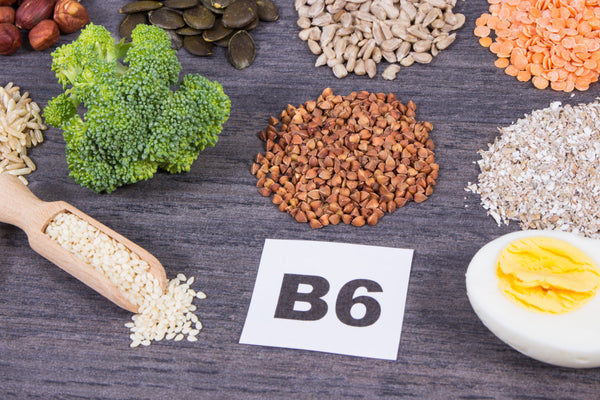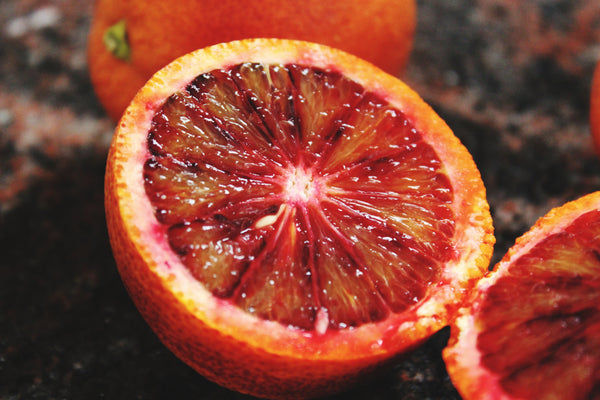
Iron for Babies, An Essential Nutrient Early on

Iron is a key nutrient in the development of babies, as they grow and develop throughout their first year. It is important in brain development.
In addition to helping brain development, the body's iron needs to make hemoglobin – a protein in our blood that carries oxygen throughout the body. That is why it is so important that our children get enough iron in their diet.
Fortunately, most babies who consume healthy breast milk and formula, these children have enough iron stored in their small bodies for up to 6 months and receive everything they need either from formula milk with iron or mother's milk.
After that, many of these deposits begin to thin out, and as babies switch to denser foods such as in baby-led weaning, it's important that you make sure that the babies get enough of their food!
Iron deficiency in infants and children is becoming increasingly common, with an estimated 1 in 10 experiencing an iron deficiency.
What are the symptoms of iron deficiency in babies?
- slow weight gain
- no appetite
- pale skin
- low activity level but high irritability (fastidious and fussy)
- Lethargy
- Increased sweating
(If you suspect your baby may be experiencing iron deficiency, it is important that you speak with your pediatrician)
A lot of iron does a Baby need?
According to the AAP (American Academy of Pediatrics) and Health Canada, babies need about 11 mg of iron a day between the ages of 7-12 months. After 12 months to 36 months, babies/toddlers need about 7-8 mg a day.
Do babies need iron supplements?
If you're breastfeeding your baby, chances are you won't have to worry about iron supplementation. Iron in breast milk is better than from other sources.
This is because vitamin C and high levels of lactose in breast milk help the absorption of iron. The percentage of iron absorbed from breast milk reaches up to 70%. In other cases, iron-rich cow's milk formula has only an absorption rate of up to 12%.
Trying to "supplement" with iron-rich foods is most likely the best course of action if you are worried that your baby is deficient in iron. If you're not breastfeeding, consider using an iron-rich formula and adding as many iron-rich foods as possible to your child's diet!
How can I increase my baby's iron levels?
The best way to boost your baby's iron levels is to serve your child iron-rich foods! Below is a list of both sources of heme iron, nonheme iron, and the best sources of vitamin C that aid in iron absorption.
What foods are high in iron for babies?
Fortunately, there are many good sources of iron in many healthy foods that we can give to our babies! But first, it is important to understand, the different types of iron – Heme Iron and Non-Heme Iron.
Heme Iron is a type of iron found in eggs, fish, and meat. Heme iron is about 2-3x times easier for the body to absorb.
Whereas non-heme iron is present in legumes, iron-fortified cereals, and dark leafy vegetables – however, when eating it with foods that contain Vitamin C (such as oranges, strawberries, tomatoes &red peppers), non-heme iron is more easily absorbed by the body!
Good Heme Iron for Babies:
- Beef
- Chicken (light or dark meat)
- Pig
- Sheep
- tuna
- Salmon
- Egg
The main ingredients of Non-Heme Iron that are Good for Babies:
- Dark Green Vegetables – Kale, Spinach, Broccoli
- Yam
- Peas
- nuts
- hummus
- Iron-Fortified Bread, Cereals, and Formulas
A Good Source of Vitamin-C for Babies (to aid in the absorption of Non-Heme Iron for babies):
- Orange
- Berry
- Tomato
- Red, Yellow, and Orange Peppers
- Kiwi
You have plenty of options to make sure your little one is getting enough iron in their diet! Something as simple as a piece of iron-fortified bread served with tomatoes (Vitamin C in tomatoes will help the absorption of iron).




